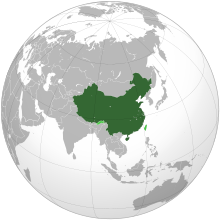Yesterday Pij and I represented LIS at the Road Map to Student Services event; part of First Year Orientation, which was held concurrently with the Academic Forum in Kenyon. Half of the incoming First Year class attended the Forum while the other half were given “Passports” and asked to collect stickers from each Student Services station they visited (after which they were rewarded with a “frozen novelty”). Then they switched, and the students who had already attended the Forum attended the Road Map event. Since Pij and I handed out a sticker to every student with whom we spoke during the 2.5 hour event, it was easy to keep track of how many we’d spoken with—over 80! No wonder my voice is a little hoarse today.
What kinds of questions did we field? Pij may have heard other questions, but I think by far the most common questions were relating to connecting to Wireless, installing Microsoft Office, and followed by general questions about how to find/check out books and other materials from the Library. Other questions I heard ranged from “What is LIS”, to “Do you have any job openings?”, to “Can you help me set up email on my smartphone?”. Quite a few students stopped by without specific questions, and Pij’s go-to prompt, “Have you been able to set up your computer okay?” was great at drawing out other concerns and questions. I copied her and used that question quite a few times, and also tried asking about their First Year Seminar courses, which gave me a chance to let them know that a Librarian was assigned to each course, as well as a Peer Mentor and explain about CTLR and how it was related to the Library.
All in all it was a great chance to meet new students, hear how things were going for them, and also learn (from Pij) what to say about some of the most common tech-troubleshooting questions. It also underscored for me how essential it was for Pij and I (as LIS representatives) to be fully up-to-speed on recent and forthcoming changes in technology infrastructure and research tools.


